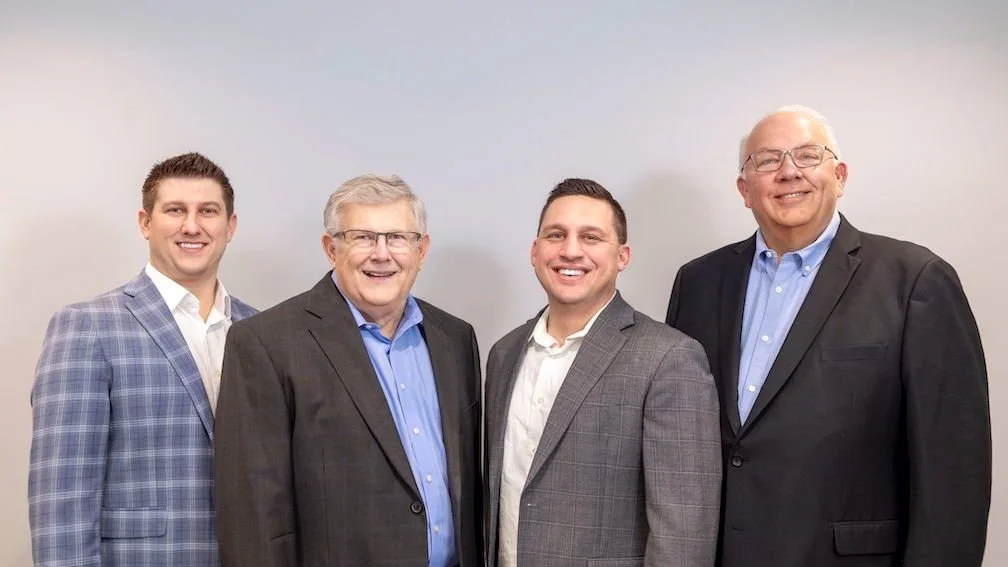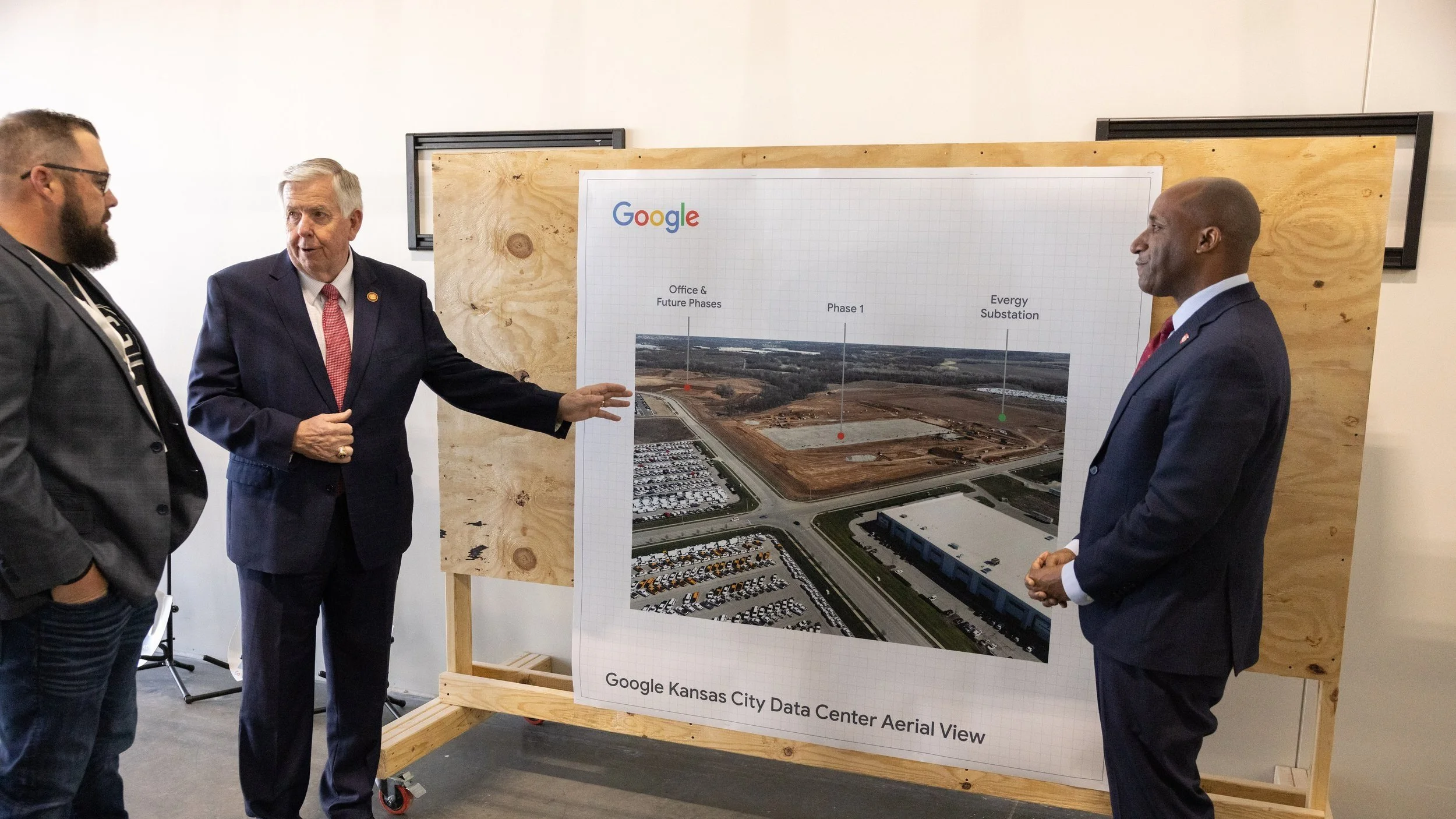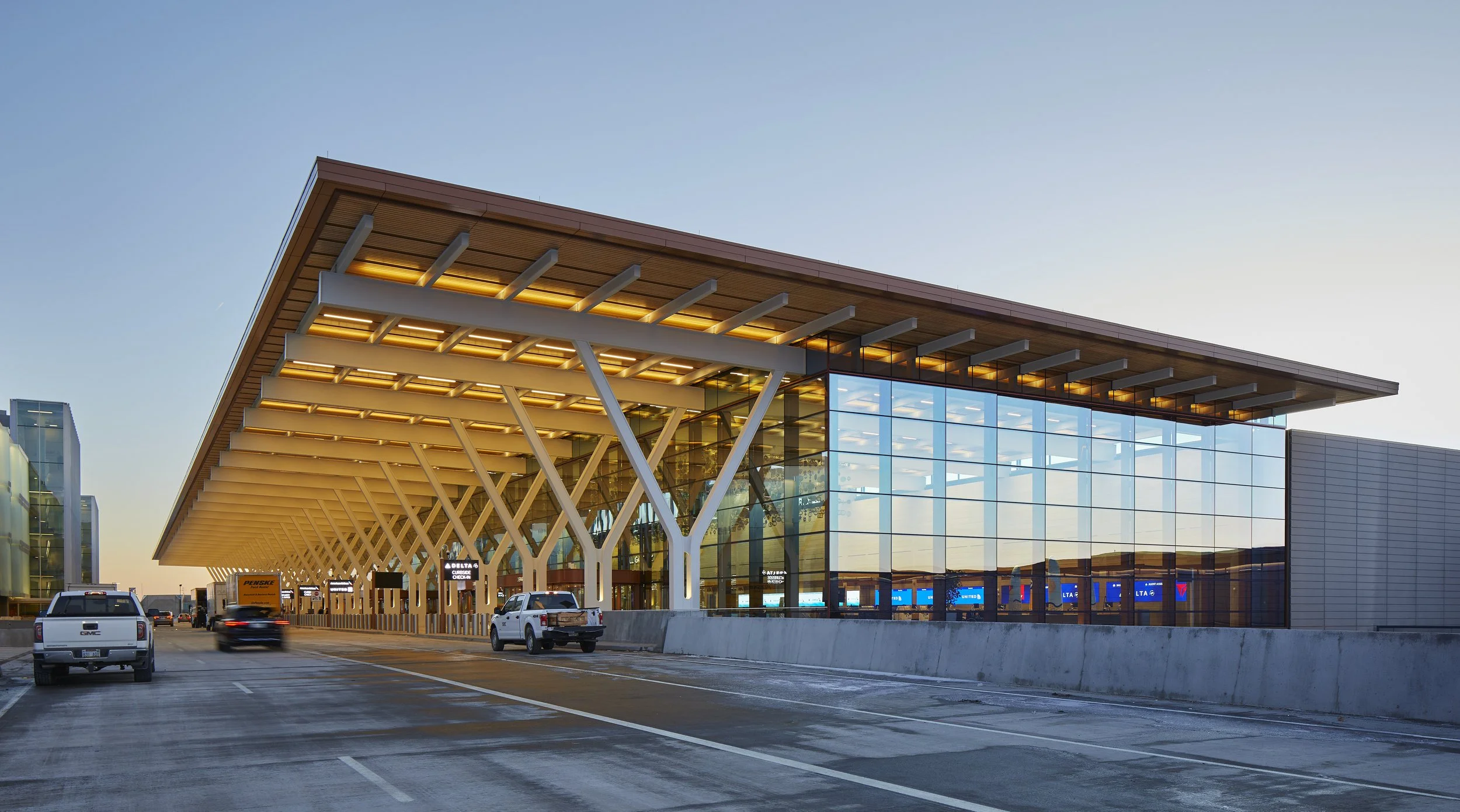TrialCard’s announcement that it will create 225 jobs at a new Northland client service center marks the third large-scale customer support operation for the Kansas City region in less than a month, bringing the total number of new jobs in that sector to just under 1,000.
The pharmaceutical solutions company’s expansion follows insurer EXL’s announcement that it will hire 250 at a new support hub in Lee’s Summit by the end of the year and auto insurer GEICO’s plan to add 500 new jobs at a new Lenexa operation over the next five years.
“The Kansas City region is quickly becoming a popular destination for companies looking for a central location in the U.S., employees with a strong work ethic, and highly efficient customer support operations,” said Tim Cowden, president and CEO, Kansas City Area Development Council. “The entire KC region is attracting new jobs and talent, with companies locating in nearly every corner of the region so far in 2018.”
Cushman & Wakefield represented TrialCard in its 23,000-square foot operation in the Kansas City Business Center, 2001 NE 46th St. Keith Baker and Matt Eckert of CBRE represented the landlord in the transaction.
"We’re excited to see an employer bring over 200 jobs to Kansas City, but the people that are aware of the entrepreneurial culture in this city aren’t surprised companies want to be here," said Cushman & Wakefield Managing Principal Mike Mayer.
"You look at the rapid growth of local companies like Spring Venture Group, Mediware, and Cerner, but also smaller startups like Blooom, C2FO, Lead Bank, Charlie Hustle, Orbis Biosciences-- and a lot of other companies that people might not have heard of but have certainly caught the interest of investors and major companies around the world-- and you recognize Kansas City is a great place to do business. Part of that is the city, but a bigger part is the people and the culture," Mayer added.
Indeed, North Carolina-based TrialCard cited the region's diverse, highly-educated workforce, an affordable cost of living and numerous cultural amenities as reasons it found Kansas City to be a very desirable place to live and work.
“We are pleased to be expanding into Kansas City, a vibrant community made up of thousands of small businesses, tech start-ups, and top-notch health care," said TrialCard President and CEO Mark Bouck.
Photo courtesy: TrialCard





